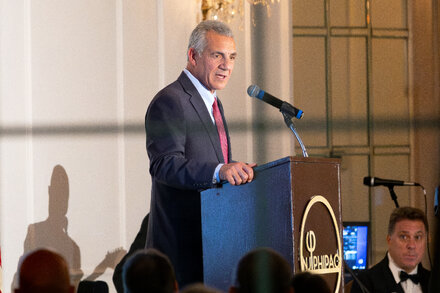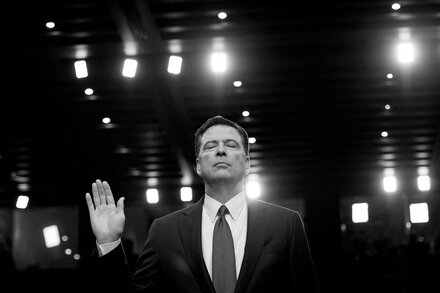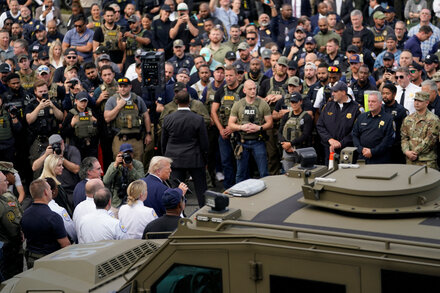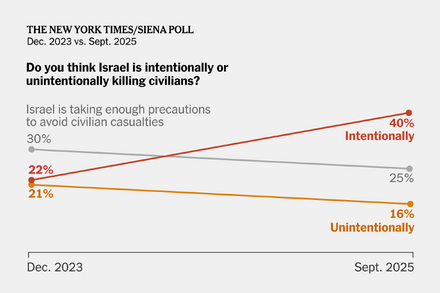
Washington D.C. – As the federal government enters its third week of a partial shutdown, political observers and lawmakers are increasingly pointing to former President Donald Trump’s influence as a driving force behind the ongoing stalemate, accusing him of leveraging the crisis to strategically undermine his political opponents.
The shutdown, which began following a deadlock over appropriations bills, has halted non-essential government services and left hundreds of thousands of federal workers without pay. While traditional budget disputes often center on policy differences, sources close to the negotiations suggest that Trump has been actively encouraging Republican lawmakers to hold firm on demands that are particularly thorny for Democrats and specific figures within the party.
One primary point of contention involves proposed cuts to various social programs and environmental initiatives, many of which are core to the Democratic platform. Critics argue that these specific demands, heavily promoted by Trump on social media and at recent rallies, are less about fiscal policy and more about creating political discomfort for his adversaries ahead of upcoming elections.
“We are not going to give in to the radical left’s wasteful spending. They want to open our borders and destroy our economy, and we are saying no,” Trump stated during a recent campaign event. “This shutdown is showing the American people who truly stands for them and who stands for the swamp. We are fighting for America, and we will win.”
Democratic leaders have swiftly condemned what they describe as a cynical exploitation of government functions for partisan gain. Senate Majority Leader Chuck Schumer characterized the situation as an unprecedented weaponization of the budget process.
“This isn’t about fiscal responsibility; it’s about political retribution,” said Senator Schumer in a press conference. “Former President Trump is openly admitting his strategy to punish anyone who opposes him, using the livelihoods of federal workers and the stability of our government as leverage. This is a dangerous precedent that undermines the very fabric of our democracy.”
Targeted Measures and Political Calculations
Beyond broad policy disputes, some specific demands being pushed by Republicans, and publicly championed by Trump, appear to target states and congressional districts represented by prominent Democratic figures. Proposals to defund certain urban development grants or redirect infrastructure funding away from specific regions have drawn particular scrutiny.
Political analysts suggest this strategy aims to create localized pressure on Democratic incumbents, forcing them to either concede to unpopular cuts or face accusations of prolonging the shutdown. “Trump’s playbook has always been about identifying perceived weaknesses and exploiting them,” noted Dr. Evelyn Reed, a political science professor at Georgetown University. “In this scenario, a government shutdown becomes not just a policy negotiation, but a tool for electoral warfare, designed to inflict pain on specific political opponents and energize his base.”
Repercussions for Governance
The current impasse has raised concerns about the long-term implications for governance and the willingness of future administrations to engage in good-faith negotiations. Critics fear that using a shutdown as a punitive measure could normalize extreme political tactics, making it harder to reach bipartisan compromises on essential legislative matters.
As the shutdown persists, the pressure on both parties continues to mount, with no clear path to resolution immediately apparent. The extent to which former President Trump’s strategy influences the outcome remains a central question for the nation’s political landscape.
Source: Read the original article here.





